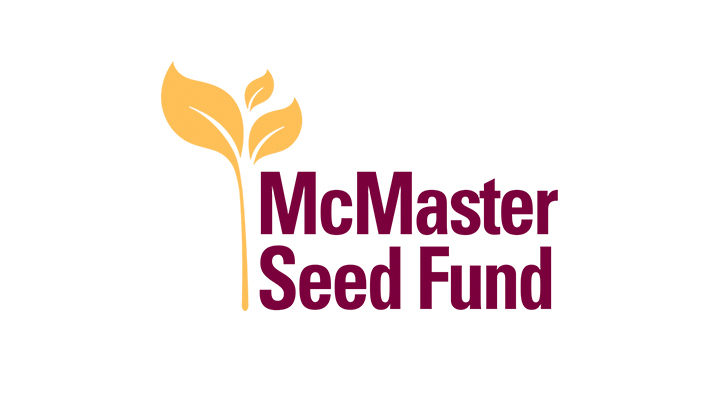Overview
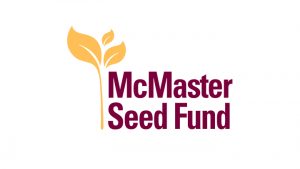 McMaster University established the McMaster Seed Fund (MSF) in 2021 to support the development of research-intensive and innovative startups with the potential to deliver significant economic and societal benefits to Canada. The fund aims to maximize the impact of McMaster’s research by investing in new business ventures involving one or more members of the McMaster community. These ventures translate groundbreaking research or knowledge generated at the University or its affiliated hospitals into socio-economic benefits.
McMaster University established the McMaster Seed Fund (MSF) in 2021 to support the development of research-intensive and innovative startups with the potential to deliver significant economic and societal benefits to Canada. The fund aims to maximize the impact of McMaster’s research by investing in new business ventures involving one or more members of the McMaster community. These ventures translate groundbreaking research or knowledge generated at the University or its affiliated hospitals into socio-economic benefits.
To date, eight companies have received a total of $2.8 million, with up to $500,000 per startup, in the first three rounds of McMaster Seed Fund investments. Successful companies are awarded tranche investments, where the release of funds is tied to pre-negotiated deliverables. It is expected and strongly preferred that the final tranche of funds is released when additional funding is secured. This additional funding may include any combination of grants such as Mitacs, NSERC Alliance or I2I, SOPHIE, IRAP/CIC, or additional investment. The application and selection process is competitive, with assessments conducted by an external investment committee. The MSF Investment Committee comprises individuals with expertise and experience in venture creation and management, venture capital investment, and/or serving as senior executives (C-level).
Stay tuned for the next call for applications.
MSF Information Session
Information Box Group
MSF Investments
MSF INVESTMENTS - ROUND 1
Two McMaster startups received a combined $735,000 to move their innovations closer to reality in the first round of investments by the McMaster Seed Fund.
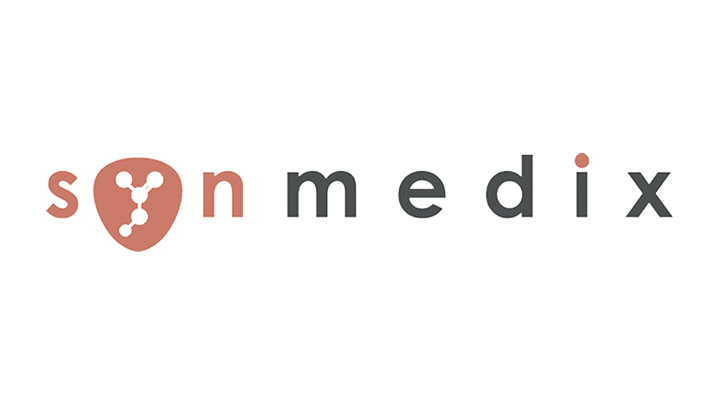
Synmedix
A biotechnology company founded by Eric Brown, Distinguished University Professor of Biochemistry and Biomedical Sciences, received $300,000 to further its novel antibiotic platform. Developed in Brown’s lab, the technology enhances the efficacy and spectrum of many antibiotics through the action of bicarbonate and can be broadly applied to antibacterial drug discovery.
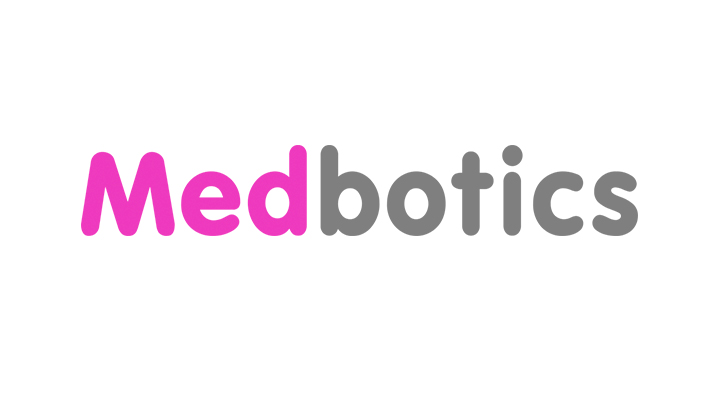
Medbotics Visit Medbotics
A medical devices company co-founded by Mehran Anvari, Professor of Surgery, received $435,000. The company aims to establish itself as the pre-eminent company in MRI surgical robotic imaging and diagnostics for breast cancer.
MSF INVESTMENTS - ROUND 2
Three McMaster startups have received a combined $1.27 million in the second round of McMaster Seed Fund investments.
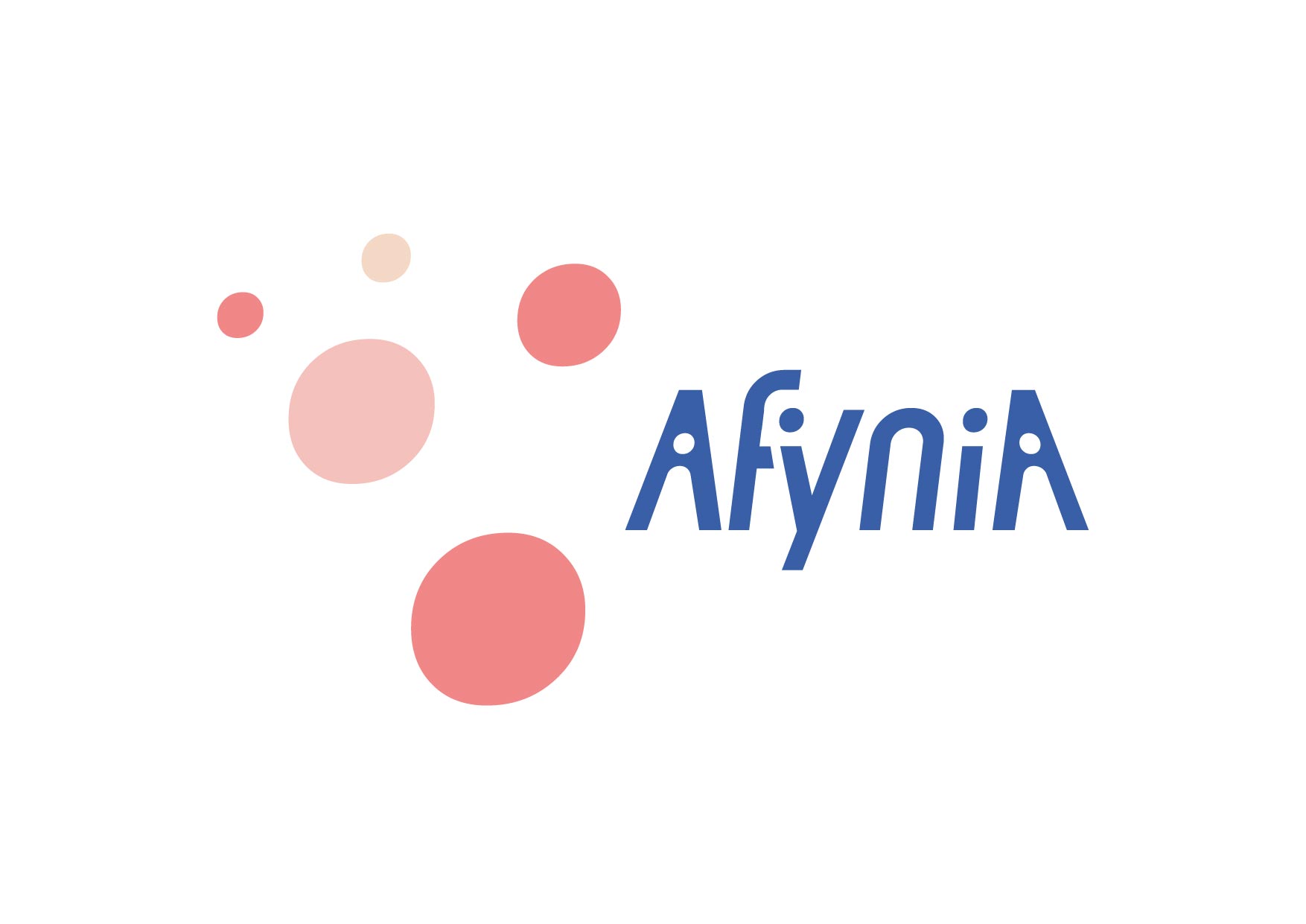
Afynia Laboratories Visit Afynia
Afynia Laboratories is a biotech company co-founded by Lauren Foster, professor emeritus in the department of obstetrics and gynecology, and McMaster researcher Jocelyn Wessels. The company received $468,500 to advance its blood-testing technology that can be used for at-home screening of endometriosis.
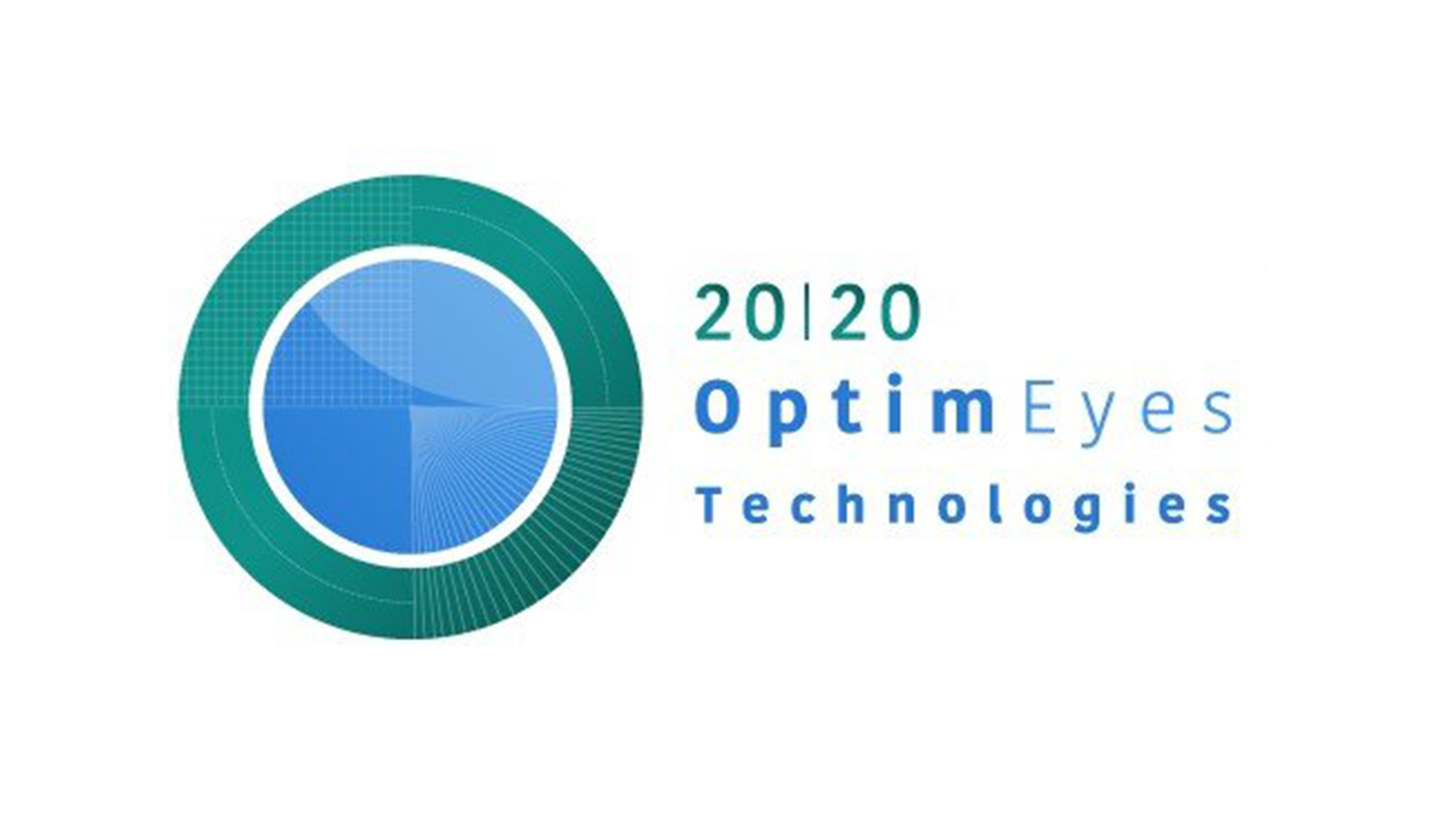
20/20 OptimEyes Technologies Visit OptimEyes
20/20 OptimEyes Technologies – a spin-out from the Sheardown Lab at McMaster and co-founded by Frances Lasowski and Heather Sheardown– received $428,000 to de-risk their patented mucoadhesive micelle nanoparticle (MNP) technology, initially targeted for the treatment of glaucoma.
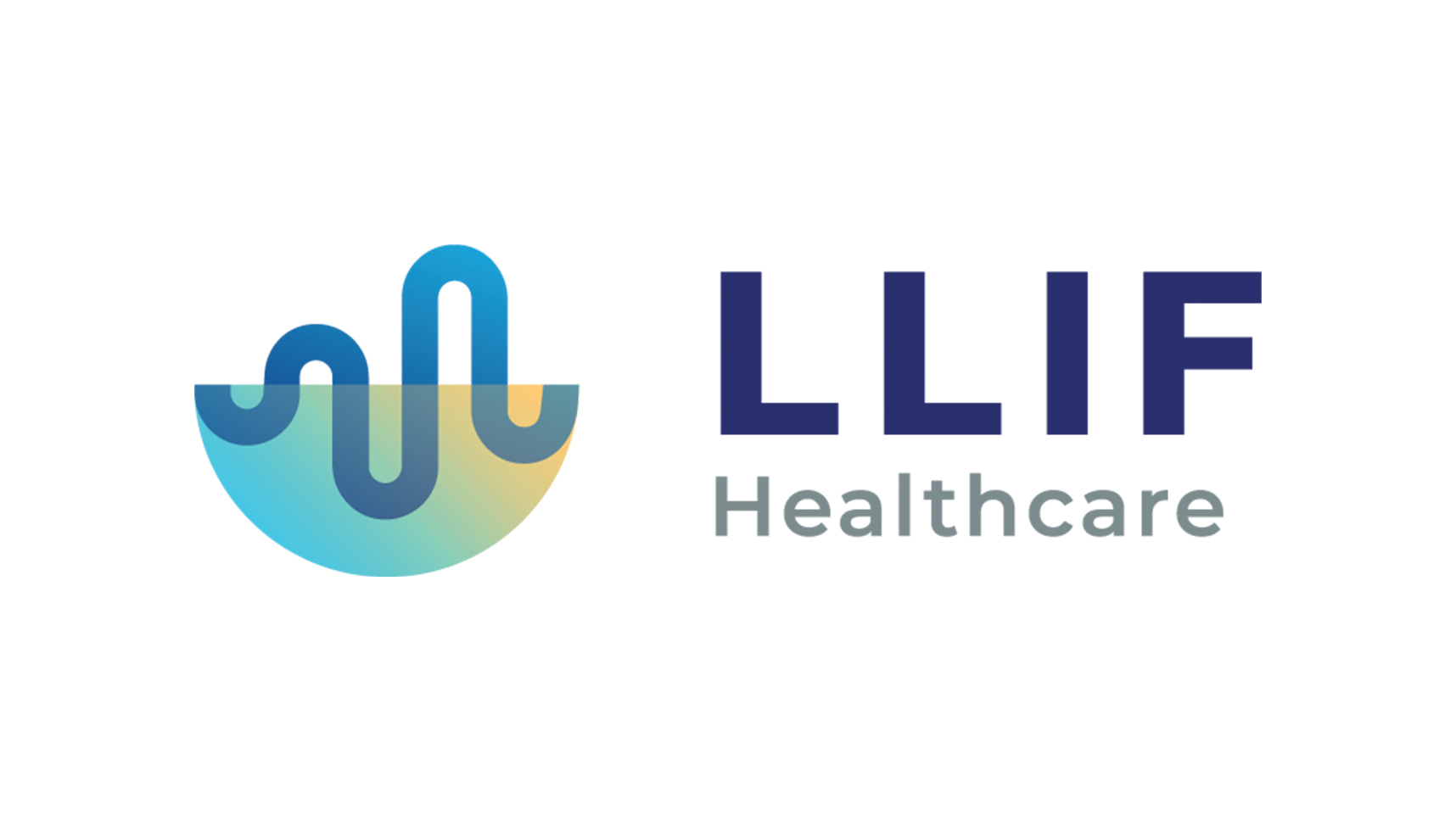
LLIF Healthcare Visit LLIF
LLIF Healthcare received $381,500 to further its cloud-based platform which provides doctors and hospitals with data to improve patient care and reduce healthcare costs. Co-founded by associate professor of medicine Shawn Mondoux and clinician David Hamilton, LLIF is bringing to market their MD Dashboard, which extracts physician practice data from electronic medical records and provides a practice and improvement feedback strategy to doctors.
MSF INVESTMENTS - ROUND 3
Three McMaster startup companies each received $256,000 in the third round of McMaster Seed Fund investments.
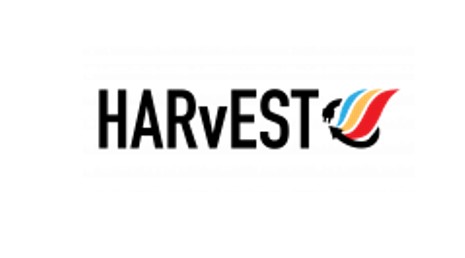
HARvEST Visit HARvEST Systems
HARvEST Systems is a sustainable technology company co-founded by James Cotton, mechanical engineering professor, and research lab manager at the McMaster Institute for Energy Studies, Jeffrey Girard. The company aims to support decarbonization of the restaurant industry with their fuel-less, carbon-free hot water heating system and received $256,000 to further develop and commercialize their HARvEST platform.
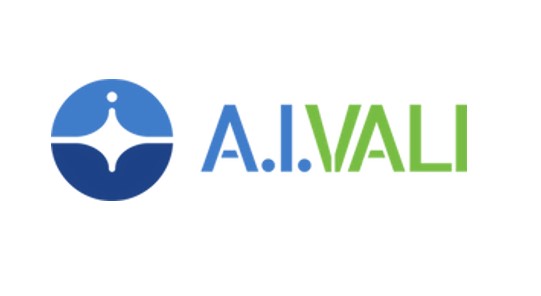
A.I. VALI Visit A.I. VALI
Medical device startup A.I. VALI Inc. – cofounded by McMaster professor of medicine and gastroenterologist, David Armstrong – has developed AIDREA™, an AI platform that uses interactive machine learning to document and analyze endoscopy videos in real-time. The company received $256,000 to help transfer AIDREA™ from the initial evaluation studies at Hamilton Health Sciences to researchers, clinics and healthcare providers globally, and to improve patient procedures.
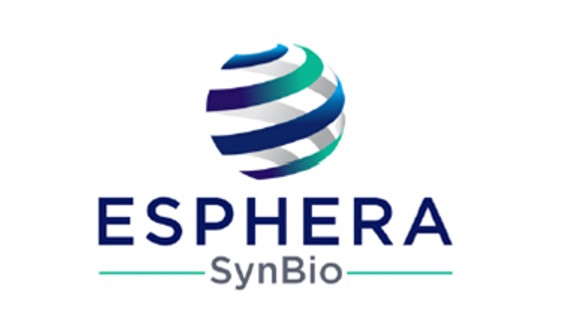
Esphera SynBio
Biotech startup Esphera SynBio received $256,000 to develop a novel therapeutic technology designed to treat infectious diseases and cancer. Co-founded by associate professor of medicine, Brian Lichty, Esphera’s platform technology generates exosomes that deliver defined payloads to targeted cells in the body. It is designed to enhance existing immunotherapy and vaccine technologies and aid in gene therapy, enzyme replacement therapy and cancer immunotherapy.
MSF Application Requirements
MSF APPLICATION REQUIREMENTS
Description:
The purpose of the Fund is to invest in new business ventures that involve one or more members of the McMaster community AND is translating research or knowledge created at the university or its affiliated hospitals into socioeconomic benefits.
- Funding from $200-500K available
Eligibility Criteria of Applicant:
- Minimum of one (1) founder, key officer, or personnel must be a member of the McMaster Community (defined as faculty, staff, student, alumni, worked or studied at McMaster)
- Must be incorporated for-profit entity or plan to be prior to investment.
- Must be further developing an innovation, technology or knowledge arising from McMaster research
- Must be planning to create a socio-economic impact with a scalable commercial offering that will have the potential to have a return on the investment
Investment Criteria:
- Market opportunity / application identified and customer validation– can be early, but should be well thought out and have had discussions with potential customers.
- Must have an intellectual property strategy or competitive advantage identified, regulatory pathways (if applicable) are considered.
- Minimum of two (2) employees will be dedicated to the company after investment is made.
- Appropriate use of funds with an understanding and reasonable, achievable plan to get to next value inflection point
- Minimum Technology Readiness Level (TRL) = 4 (https://www.ic.gc.ca/eic/site/101.nsf/eng/00031.html )
- Alignment with McMaster’s strategic plan, e.g. fits with at least one United Nations Sustainable Development Goals, and demonstrable benefit to Canada.
McMaster Seed Fund FAQs
General Questions
At this time, we are limiting eligibility to start-up companies that meet both of the following criteria: (a) are or will be incorporated for the purpose of commercializing an innovation, knowledge or intellectual property arising from research labs at McMaster or its affiliated hospitals, AND (b) at least one company founder is a member of the McMaster community (faculty, student, staff, alumni). In the future, we would like to broaden the eligibility requirements. Please check back often as we update our program. At this time, we are limiting eligibility to start-up companies that meet both of the following criteria: (a) are or will be incorporated for the purpose of commercializing an innovation, knowledge or intellectual property arising from research labs at McMaster or its affiliated hospitals, AND (b) at least one company founder is a member of the McMaster community (faculty, student, staff, alumni). In the future, we would like to broaden the eligibility requirements. Please check back often as we update our program.
At this time, we are limiting eligibility to start-up companies that meet both of the following criteria: (a) are or will be incorporated for the purpose of commercializing an innovation, knowledge or intellectual property arising from research labs at McMaster or its affiliated hospitals, AND (b) at least one company founder is a member of the McMaster community (faculty, student, staff, alumni). In the future, we would like to broaden the eligibility requirements. McMaster Seed Fund expects to make investments of up to $500K to enable start-up companies that are commercializing McMaster research. Applications will need to provide a reasonable and justifiable budget that indicates how the funds will enable the company to meet value-creating milestones to meet their business and investment objectives. Please check back often as we update our program.
McMaster Seed Fund expects to make investments of up to $500K to enable start-up companies that are commercializing McMaster research. Applications will need to provide a reasonable and justifiable budget that indicates how the funds will enable the company to meet value-creating milestones to meet their business and investment objectives.
Tranche investment is a mechanism to split investments into parts. MSF uses a tranche investment approach to give money to companies over time instead of all at once. A company receiving a tranche investment will get pre negotiated payments as long as it achieves deliverables agreed upon by the company and MSF advisors.
McMaster Seed Fund will give you money now in exchange for a promise that the start-up company will grant shares to McMaster at a future date when the company raises money on a priced round with a lead investor. As it is often challenging to value companies that are very early in their development and to make it as start-up friendly as possible, the investment will normally be in the form of a SAFE- Simple Agreement for Future Equity.
SAFE stands for a “Simple Agreement for Future Equity”, which is an agreement between a company and an investor. The investors invests money in the company, and in exchange, the investor receives the right to acquire stock in a future equity round, subject to certain considerations set in the SAFE. This agreement was originally created by Y Combinator, an accelerator in the Silicon Valley and has been adopted by other early-stage investors as it is start-up friendly, can be executed quickly and requires lower legal costs to process as there is no need to determine the valuation of the company. The National Angel Capital Organization (NACO) has worked with other organizations, including the Federal government, to ensure that the Canadian SAFE has been adapted to work with Canadian securities laws. Depending on the milestones and needs of your company, MILO staff can provide support through our network of mentors, entrepreneurs-in-residence, investors, and consultants; assist with relevant grant opportunities, advise on IP matters, and act as a liaison within the university. There is an expectation that you will meet regularly with a MILO representative or assigned mentor to ensure you are on track with meeting your milestones and to address any challenges you are facing.
Depending on the milestones and needs of your company, MILO staff can provide support through our network of mentors, entrepreneurs-in-residence, investors, and consultants; assist with relevant grant opportunities, advise on IP matters, and act as a liaison within the university. There is an expectation that you will meet regularly with a MILO representative or assigned mentor to ensure you are on track with meeting your milestones and to address any challenges you are facing.
MILO will oversee the application process. There will be an initial screen of applications to ensure that they meet the eligibility criteria. Eligible applications will be further reviewed by a small team at MILO, who will work with the applicants to ensure completeness of a due diligence package and pitch deck that address the strengths, challenges, and potential opportunities of the start-up. Once ready, applicants will present their investment pitch for evaluation and decision by the Investment Committee.
The Investment Committee meets annually. Funding is limited and will be awarded competitively. In order for your application to be reviewed in time for the next scheduled Committee meeting, please contact MILO for the applicable deadline.
Stay tuned for an announcement of the next round and application deadline. Applications are to be submitted to startups@mcmaster.ca.
The Investment Committee (IC) is made up of independent, external professionals (investors, serial entrepreneurs, C-level executives) with extensive experience in evaluating start up opportunities in all industry sectors. Applicants will make an investment pitch presentation to members of the Investment Committee. Final funding recommendations are made by the IC.
The expectation is that applicants will use the investment to meet value-creating milestones, such as generate validation data, add key strengths to their team, refine their business model or strategy, gain customer traction, such that they will be positioned to raise their next round of investment within 2 years.
No restrictions, as long as the use of funds can be justified as reasonable expenses to support advancing the company to their next value inflection point. As such budget can include (but is not limited to): salaries, consultant fees, prototype development costs, validation and testing required, travel expenses for customer validation. The funding is not for early stage discovery research or past expenses.
Questions Specific to Application Process
Yes, but you should have a plan to hire/collaborate with an additional team member in the near future. Ideally, there should be at least one team member with start-up or business experience and the ability to commit significant time into a successful start-up. One of the primary objectives of the McMaster Seed Fund is to accelerate the development of the innovation and start-up venture. To do this effectively, we believe that your company will require at least one full-time equivalent personnel whose focus is on moving the company forward.
A formal business plan, secured customer or partner is not required to apply, – however, your team should have considered aspects related to a business plan such as market, competitive analysis and IP landscape, and identified your target market or shown evidence of customer validation. These are to be addressed in your application form/pitch deck and you can expect to be asked related questions by the Investment Committee.
No – but, if awarded, a condition of receiving the investment will be to incorporate as a for-profit Canadian company (prior to transfer of the funds).





